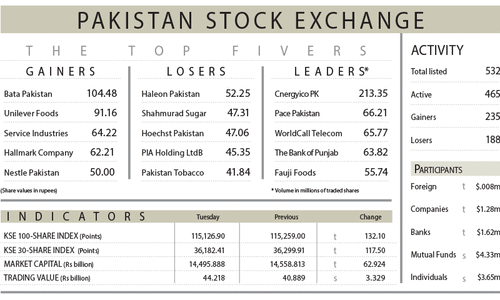TEL AVIV: Police said on Sunday they arrested more than a dozen Israelis in country-wide protests the previous night that drew thousands of people in a growing and persistent show of force against Prime Minister Benjamin Netanyahu and his handling of the coronavirus crisis.
Thousands of people demonstrated outside Netanyahu’s official residence in Jerusalem and hundreds gathered in a seaside park in Tel Aviv, demanding Netanyahu’s resignation and slamming his response to the crisis.
For the first time since the wave of protests began weeks ago, hundreds also assembled outside Netanyahu’s private home in the upscale coastal town of Caesarea, where heavy security greeted them. Demonstrators across bridges and intersections waved black flags, the symbol of one of the movements behind the protests that is demanding Netanyahu’s ouster.
The protests are emerging as among the biggest challenges to Netanyahu’s lengthy rule since demonstrations over the cost of living in 2011 drew hundreds of thousands to the streets. They come following what critics say is Netanyahu’s fumbling of the coronavirus response and in the shadow of Netanyahu’s corruption trial, which resumed earlier this month.
At a press conference last week that coincided with protests, Netanyahu addressed the surging protests, warning demonstrators: Do not drag the country into anarchy, violence, vandalism.
Critics say police have been heavy-handed in trying to clear out the protests, using water cannons to drive them out and in some cases causing injury. Police say that protesters who ignore calls to disperse are removed to restore order.
Police fired water cannons on protesters at the Jerusalem protest and said 12 people were arrested there for being involved in disturbances. Two other people were arrested in separate locations for attacking protesters with pepper spray and a knife.
Israel appeared to have contained its first wave of coronavirus infections in the spring, with Netanyahu boasting that Israel was among the most successful countries in the world in its response with the virus. But what critics say was a hasty and ill thought out reopening sent new cases soaring, with Israel now claiming one of the world’s highest infection rates, adjusted for population. The government, formed with the intention of focusing on combating the virus, has moved slowly and haltingly to contain the new outburst.
Israel has since reimposed some restrictions after an extended lockdown in the spring paralyzed its economy. Unemployment has since jumped to more than 20pc, from around 3.9pc before the outbreak, and anger has grown over the government’s financial assistance plans, which have been chided for providing those in need with a pittance or nothing at all.
The crisis has brought public confidence in Netanyahu and his government to a nadir, at a time when the Israeli leader could use the support. A court decided earlier this month that Netanyahu’s corruption trial will resume in January with three hearings a week, a pace that will keep his legal woes firmly in the public consciousness and raise questions about his ability to simultaneously govern and fend off the accusations against him.
Netanyahu is charged with fraud, breach of trust and accepting bribes in a series of scandals involving billionaire associates and media moguls. He denies wrongdoing and accuses the media, judiciary and law enforcement agencies of a conspiracy to topple him against the will of the people.
Published in Dawn, July 27th, 2020











































